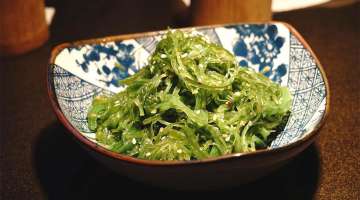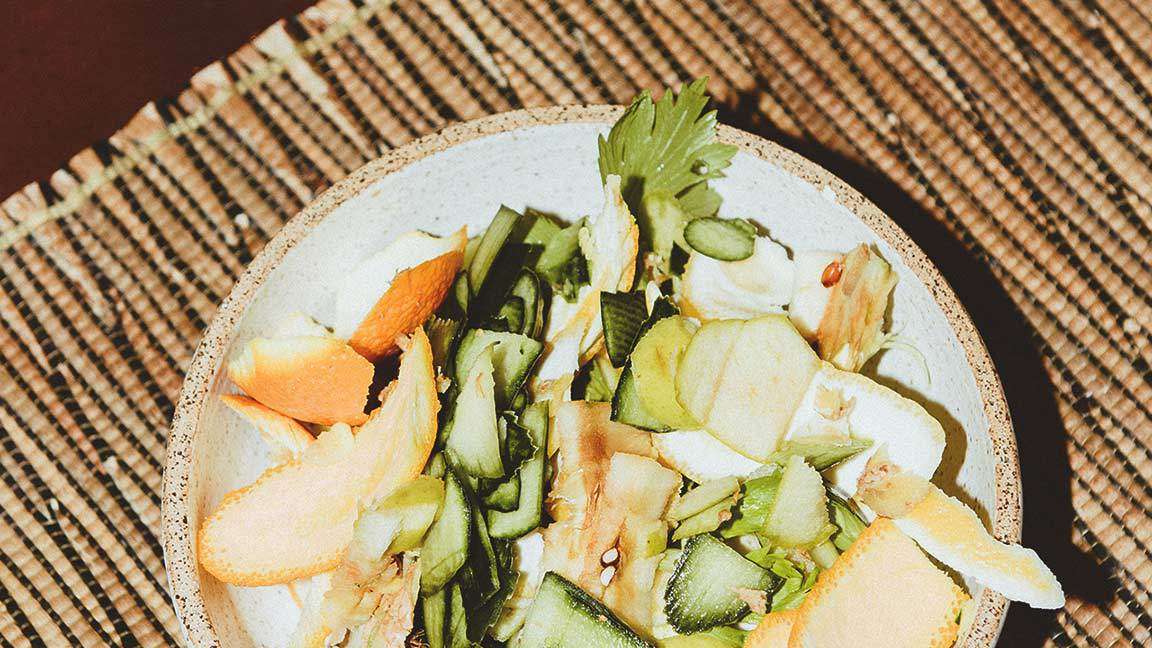POSTED Jan 31, 2023 - 02:51 PM
Less waste, more profits: Here’s how food businesses can trim food waste
The world wastes close to one billion metric tons of food every year. If you are a food business owner, here are things you can do to help reduce food waste
More than 1,700 metric tons of food are wasted each year in the Philippines, according to the Food and Nutrition Research Institute of the Department of Science and Technology. To grasp this number more easily, one metric ton is equivalent to 1,000 kilograms.
The International Rice Research Institute also found that about P23 million worth of rice is wasted daily. This could feed about 4.3 million Filipinos.
But the situation is worse. Globally, almost one billion metric tons of food sold is thrown out yearly (931 million mt), based on data from the United Nations Environment Programme (UNEP).
Imagine sending this much food to waste when some parts of the world suffer from hunger and malnutrition. It really makes one think why people even go hungry, doesn’t it?
Large-scale food wastage is not only a matter of “dumping foods to bins or landfills.” It also has environmental impacts. According to the UNEP, 8 to 10 percent of global greenhouse gas emissions can be traced back to unconsumed food.
The data is there, and we know there is a problem. Now, what can we do, especially in the food industry?
Restaurants can cut down on food waste
At times, it’s all about creativity and innovation. Here are things restaurants can do to minimize food waste in their operations.
- Use meat trimmings/scraps for other products. For example, turn pork skin into chicharron. Use beef trimmings for broth, stock, or sauces.
- Use lemon rind for cocktails or drink garnishes.
- Herbs not used in food plating or presentation can be extracted for oil flavorings. The same can be done for fruits with blemishes—they can be blended and processed to turn into drinks, syrups, cocktails, and sauces.
- Fruit skin or unused vegetable parts can be donated to organic farmers for compost heaps.
- Used oil can be donated to local soap or cosmetic manufacturers.
- Create a menu with dishes that utilize similar ingredients to prevent spoilage.
- Efficient storage and inventory management, such as the first in first out practice and correct labeling, can also avoid food spoilage and over-buying stock.
- If you offer coffee or are running a cafe, you can use the used ground coffee as compost heaps, which you can also donate to organic farmers.
- Practice portion control when serving food. This is not to say you should skimp on your serving but a balanced serving is ideal. Remember: quality over quantity.
- Train your staff to reduce waste with proper food handling, preparation, and storage. These, plus clean premises can prevent food spoilage and cross-contamination. It also goes without saying that they should be trained in proper waste disposal to identify which waste can be recycled or donated.
A Filipino saying goes, “may pera sa basura”. This does not always refer to exchanging recyclables for money. In some cases, it can also be about how much money is saved from responsible waste minimization and management.
Reference: This story was originally published on fnbreport.ph
Photo by Chandra Oh on Unsplash
Read more

What is climate-smart agriculture and how will this help the Philippines?
Climate-smart agriculture isn’t a new concept for the Philippines. Here’s how this is being incorpor... Learn More

The essential role of seaweed in food security and sustainability
Coastal communities have turned to seaweed to sustain both ecosystems and local economies Learn More

How to make offices more sustainable
Creating a sustainable office space doesn’t have to be complicated. Here are some factors to conside... Learn More

The era of timber buildings has begun in PH
Timber is making a comeback in the construction industry because of its stable strength, durability,... Learn More
